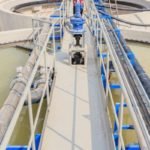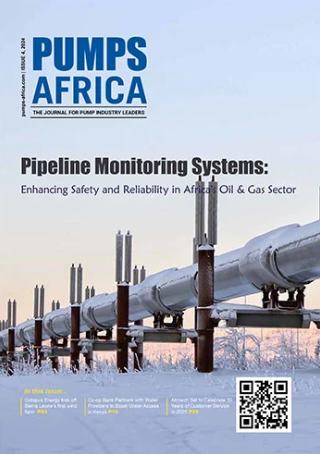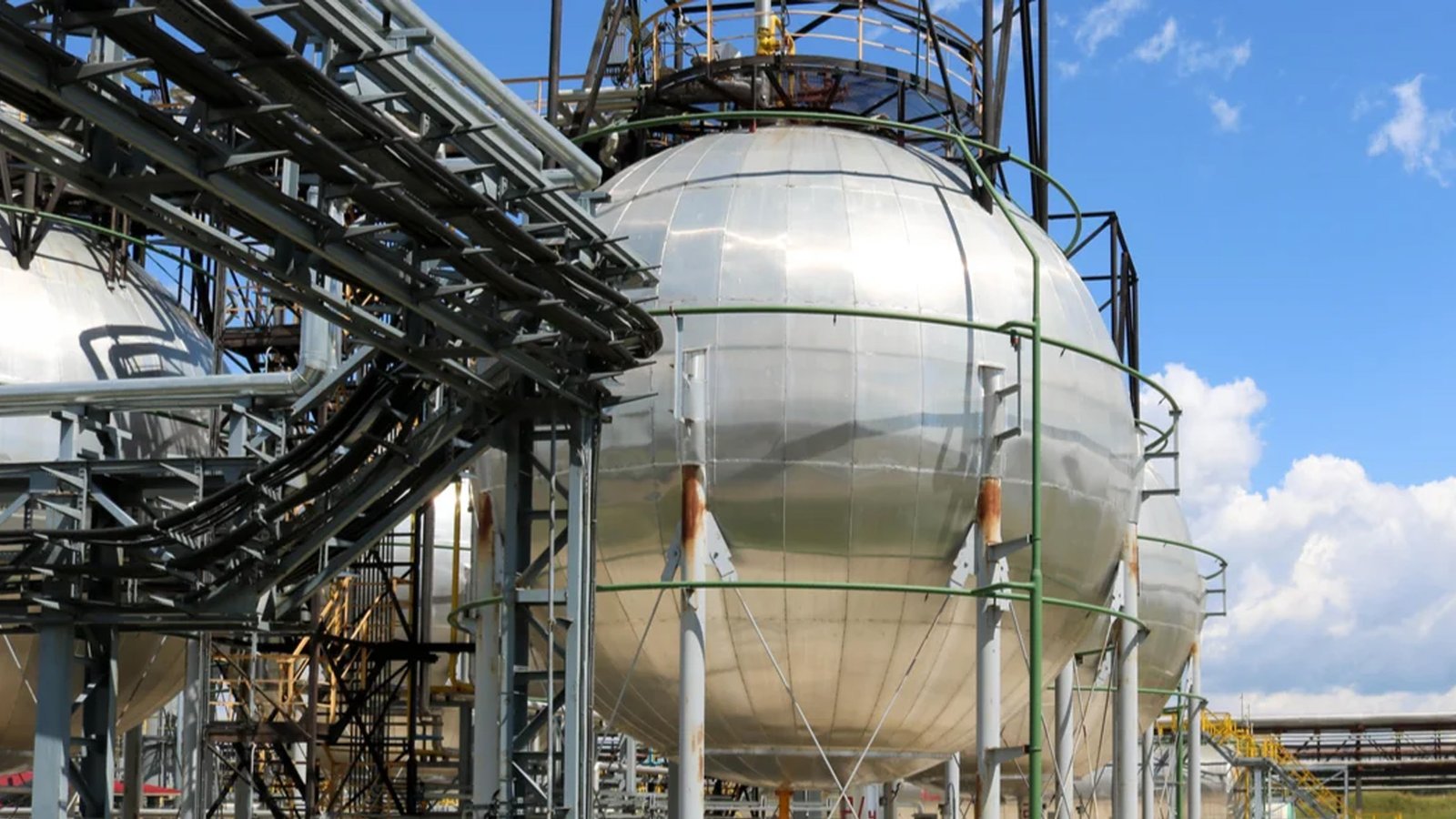Plans for the proposed Morocco-Nigeria Gas Pipeline Project (MNGP) concluded has been concluded. The Government of Morocco announced that the new regional onshore and offshore gas pipeline intended to deliver natural gas resources of Nigeria to morocco through 13 other countries in the West and North Africa.
The country mentioned that it has set up a downstream division of Office National des Hydrocarbures et des Mines (ONHYM), a public organization representing the interests of the Kingdom of Morocco in the field of Exploration and Production of Hydrocarbons and Mining resources, and which is in charge of the NMGP project.
The North African country is also building networks to distribute gas to industry hubs where automobile and aeronautics industries are expanding. Reportedly, the industrial sector in Morocco is growing fast and gas will be an important part of this growth.
READ:Impact Oil & Gas completes farm-out of Transkei & Algoa offshore South Africa
Nigeria-Morocco Gas Pipeline
The Nigeria-Morocco Gas Pipeline was proposed in a December 2016 agreement between the Nigerian National Petroleum Corporation (NNPC) and ONHYM. The pipeline would run from Lagos, Nigeria, connecting to Cotonou, Benin; Lomé, Togo; and Tema and Takoradi, Ghana. The Nigeria-Morocco Gas Pipeline would additionally connect to Abidjan, Cote d’Ivoire; Monrovia, Liberia; Freetown, Sierra Leone; Conakry, Guinea; Bissau, Guinea-Bissau; Banjul, Gambia; Dakar, Senegal; Nouakchott, Mauritania; Tangiers, Morocco; and Cádiz, Spain.
NNPC and ONHYM completed the feasibility study for the construction of the pipeline in January of 2019. In the same month, the two countries contracted with Penspen to conduct the first phase of front-end engineering & design. The pipeline is estimated to cost US $25 billion, and would be completed in stages over 25 years. Morocco, which has estimated its resources at some 300 Tcf of conventional and unconventional gas in place, could replace lost gas from Algeria to Spain through the Morocco-Nigeria Gas Pipeline.







